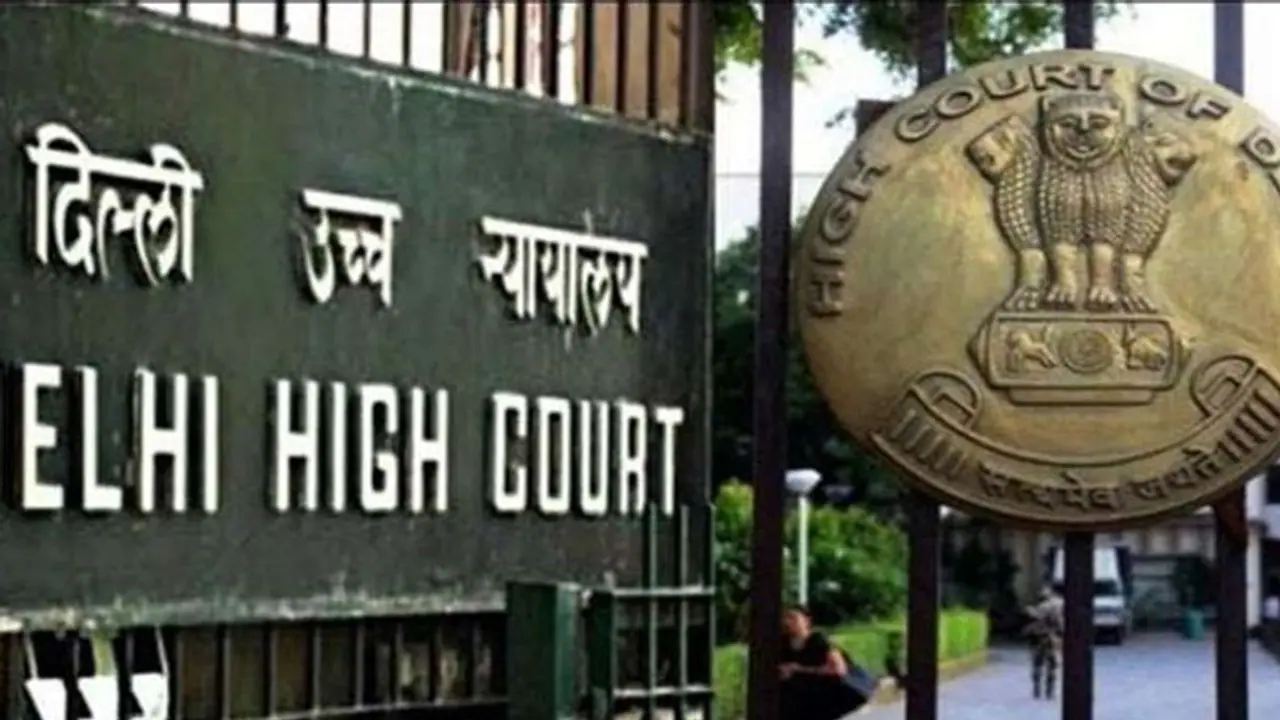In her verdict, Justice Pratibha M Singh said that the Indian society is gradually becoming homogenous while the traditional barriers are slowly disappearing. The verdict was communicated to the Secretary in the Law ministry for "necessary action as deemed appropriate".
The Delhi High Court, while pronouncing its judgment on applicability of the Hindu Marriage Act with regard to a couple from the Meena community in Rajasthan, has backed the implementation of a Uniform Civil Code in the country.

In her verdict, Justice Pratibha M Singh said that the Indian society is gradually becoming homogenous while the traditional barriers are slowly disappearing. The verdict was communicated to the Secretary in the Law ministry for "necessary action as deemed appropriate".
Here are some excerpts of Justice Pratibha's judgment:
* The Supreme Court has reiterated time and again the need for Uniform Civil Code as envisioned under Article 44. Cases like the present one repeatedly focus on the need for a common code for all, which would enable uniform principles to be applied to aspects like succession, marriage, divorce, etc., so that settled principles, procedures and safeguards can be laid down. This will ensure that citizens are not made to struggle due to the conflicts and contradictions in various personal laws.
* Modern Indian society is gradually becoming homogenous. Traditional barriers of religion, caste and community are slowly dissipating. India's youth belonging to various castes, communities, tribes or religions who solemnise their marriages ought not to be forced to struggle with issues arising because of conflicts in different personal laws, especially concerning marriage and divorce.
* The hope expressed in Constitution's Article 44 that the State shall secure Uniform Civil Code for its citizens ought not to remain a mere hope.
* The Supreme Court had, in 1985, directed that its judgment be placed before the Ministry of Law to take appropriate steps. However, over three decades have passed since then. It is not clear as to what steps have been taken in this regard to date.
